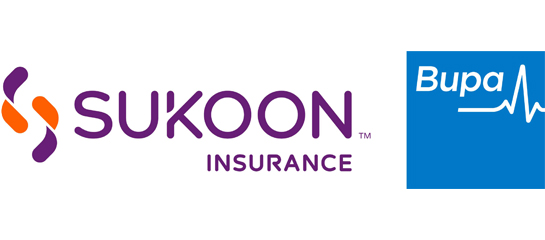The top 5 reasons to meditate today
Meditation offers many benefits, from reducing stress to improving focus and sleep. This article explores five key reasons to add meditation to your routine. Just a few minutes a day can make a real difference.

2020 – a year that has been stressful for so many, right across the world.
With the global pandemic affecting people both physically, emotionally and financially, it’s no surprise that anxiety and stress have all been on the rise. But there is one practice that’s been helping people manage their mental health and stay calmer during these times of uncertainty.
Meditation
Meditation has not only been proven to calm your nervous system and reduce anxiety, but can also help you sleep deeper, lose weight, work out harder and gain clarity and direction in your life. According to Mary Jo Kreitzer, Ph.D., RN, founder and director of the Center for Spirituality and Healing at the University of Minnesota, the key to reaping the benefits of meditation is living in the now. "Many people live much of their life on auto-pilot, but meditation - particularly mindfulness meditation, helps people focus on living life in the present moment," she explains.
So what exactly is meditation?
Meditation isn’t about becoming a different person, a new person, or even a better person. It’s about using simple breathing techniques, stillness and mindfulness to become more aware of your surroundings, thoughts and feelings, without judgment. It helps you focus on the moment and gain a healthier, more positive perspective on your life.
Still on the fence about wanting to meditate? Here are our 5 top reasons that might help you change your mind.
It helps reduce stress
Did you know that meditation has been scientifically proven to help alleviate stress after just eight weeks of a regular practice? Numerous studies have shown that meditation is an effective stress-management tool as it helps to reprogram the brain to be more open and less reactive. This helps us cope with life’s stressors such as work, family-life, relationships, finances and even little everyday stresses such a traffic.
It helps improve focus and productivity
There is actually evidence to suggest that meditation causes physical changes in the grey and white matter of the brain, particularly regions responsible for awareness, self and emotion regulation and memory. By meditating, you can actually ‘re-wire’ your brain to be more effective and efficient, helping you remain focused and productive.
It’s great for your heart health
The benefit of meditation isn’t just mental. Several controlled trials have shown that mindful meditation may have the potential to reduce systolic and diastolic blood pressure with clinically meaningful changes. This is important as high blood pressure is known to increase your risk of deadly diseases such as heart attacks and strokes.
It can aid in weight loss
Weight maintenance might be an unexpected benefit of meditation, but as you become more mindful through meditation, your food choices may actually improve for the better. In fact, a study from UC San Francisco found that obese women who meditated for 30 minutes a day were more likely to lose weight as they were less inclined to emotionally eat from stress.
It helps improve sleep
Did you know insomnia and lack of sleep disturbances have been linked to the development of chronic physical and psychiatric conditions? Letting go of passing thoughts through meditation helps essentially “turn off” your brain before bed to improve sleep. In fact, several studies have supported meditation as an effective treatment for insomnia.
- US National Library of Medicine (https://www.ncbi.nlm.nih.gov/pmc/articles/PMC2690030), last accessed in October 2022
- Center for Spirituality and Healing at the University of Minnesota (https://www.csh.umn.edu/bio/center-for-spirituality-and-he/maryjo-kreitzer), last accessed in October 2022
- The American Journal of Psychiatry (https://ajp.psychiatryonline.org/doi/abs/10.1176/ajp.149.7.936), last accessed in October 2022
- National Library of Medicine (https://pubmed.ncbi.nlm.nih.gov/24705269), last accessed in October 2022
- National Library of Medicine (https://pubmed.ncbi.nlm.nih.gov/18311126), last accessed in October 2022
- Journal of Obesity (https://www.hindawi.com/journals/jobe/2011/651936), last accessed in October 2022
- The Center for Biosimilars AJMC (https://www.ajmc.com/view/may06-2308ps221-s229), last accessed in October 2022
- National Library of Medicine (https://pubmed.ncbi.nlm.nih.gov/25142566), last accessed in October 2022







